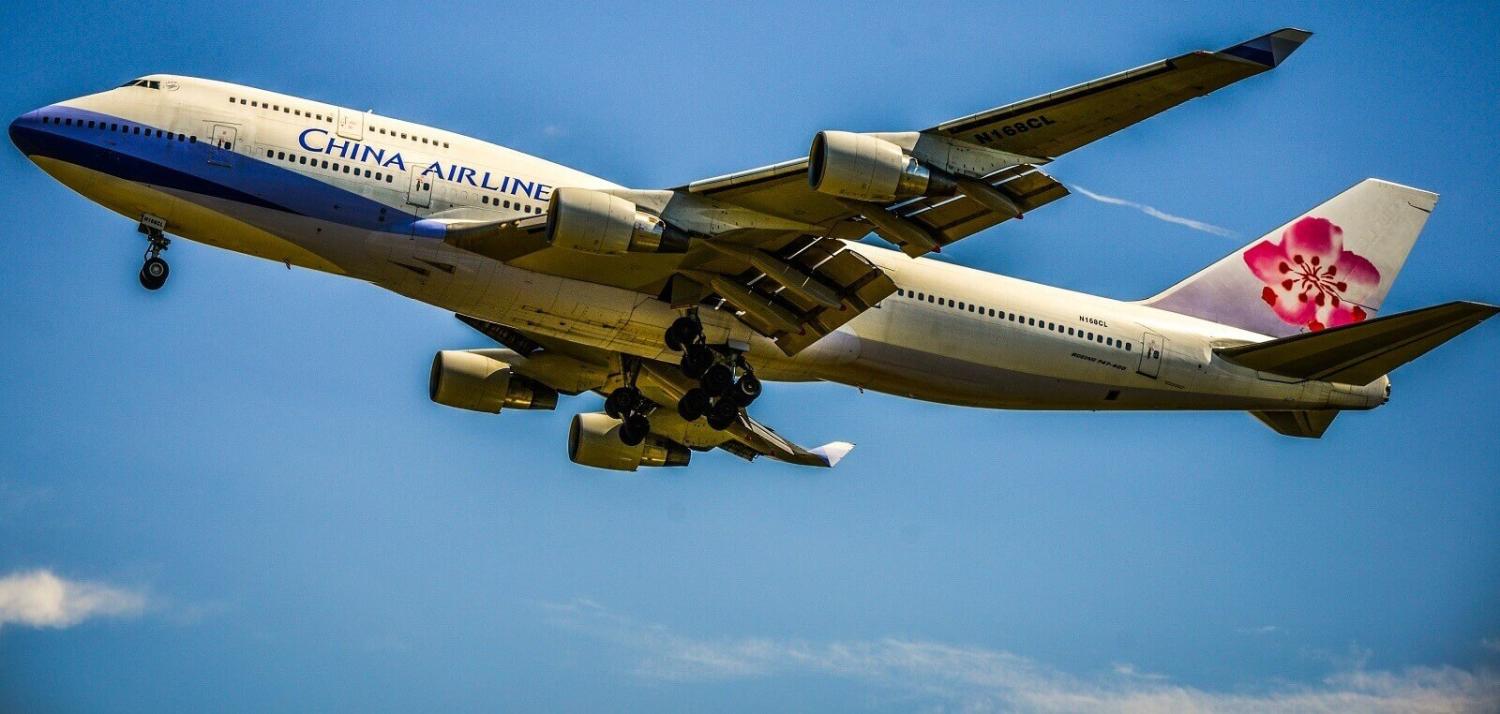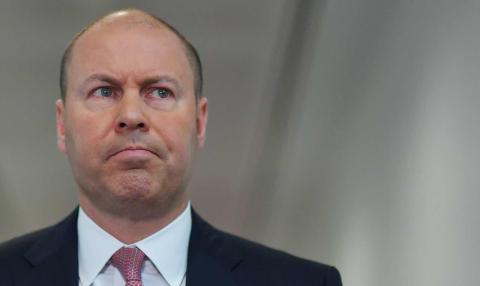Beijing’s campaign to isolate Taiwan may be having unintended consequences that work in Taipei’s favour. Rather than weakening Taiwan’s ties with the world, China’s actions seem to be increasing sympathy for Taiwan and strengthening Taiwan’s unofficial ties in the Indo-Pacific.
Since its founding, the government of the People’s Republic of China on the mainland has worked hard to “convince” states to diplomatically recognise Beijing, rather than the Republic of China on Taiwan, as the legitimate government of China. Given that this process has often involved both sides using their chequebooks, the process has been bumpy.
For example, since 1962, both the Central African Republic and Senegal switched diplomatic recognition between Beijing and Taipei five times. Retaining diplomatic recognition has often been an expensive business for both sides of the Taiwan Strait.
Recent events might suggest that Beijing has the upper hand. Taiwan now has 18 diplomatic allies – the lowest number in its history.
Towards the start of Tsai Ing-wen’s term as President in December 2016, Taiwan lost two important diplomatic ties. The first was São Tomé and Príncipe in December 2016, after Taipei refused to grant a significant aid package to the nation. Panama was next in June 2017, after Beijing made significant investments in the Panama Canal.
This year, Beijing’s run has continued. Early in May, the Dominican Republic severed ties with Taiwan, shortly after Tsai approved a weapons deal with the Caribbean nation. Burkina Faso later withdrew diplomatic recognition of Taiwan, in the last week of May.
Beijing has also been squeezing Taiwan’s international space in the private sector. Australia’s national airline Qantas this week acceded to Beijing’s demand that it refer to Taiwan as a region of China. Qantas goes beyond the Australian Government’s official position. Canberra recognises the PRC as the government of China, and merely acknowledges Beijing’s position that Taiwan is part of China – there is an important distinction between recognition and acknowledgement.
Qantas is not alone. Air Canada and British Airways have also made changes to the way they refer to Taiwan. Presumably out of fear of losing valuable business in the Chinese market, companies from airlines to clothing labels to hotels now refer to Taiwan in the way Beijing wants them to.
Despite this, it seems that Beijing’s determination to “persuade” countries and businesses to refer to Taiwan as part of China may be having unintended consequences that favour Taiwan’s status on the world stage.
The White House, for example, referred to Beijing’s pressure on companies to comply with its demands regarding references to Taiwan as “Orwellian nonsense”. US officials have asked American Airlines, Delta Air Lines, and United not to comply with Beijing’s demands.
Moreover, the US has now flagged the idea of a senior US official opening the American Institute in Taiwan, and suggested that it might deploy marines to guard its new de facto embassy. US officials have even suggested sending a ship through the Taiwan Strait for the first time since 2007.
Since taking office, the Trump administration has approved a US$1.42 billion weapons deal with Taipei; passed the Taiwan Travel Act; facilitated a visit by the Deputy Assistant Secretary of State for East Asian and Pacific Affairs Alex Wong; and is already looking into its next weapons deal which, if carried out, may regularise weapons sales to pre-2008 levels.
With Japan, Taipei is now seeking to formalise behind-the-scenes intelligence-sharing arrangements. Taiwan and Japan have also signed a memorandum of understanding on search and rescue operations which is bolstering maritime security.
These moves have been backed by stronger unofficial diplomatic links. Not only has Japan included “Taiwan” in the official name of its representative office, but Tsai Ing-wen has also visited the Japanese Cabinet Office. Japan’s Foreign Minister Fumio Kishida also took the “unprecedented” step of congratulating Tsai Ing-wen on her electoral victory.
Taipei’s relations with Australia have also reached new heights. The new Australian representative to Taipei, Gary Cowan, met with Tsai Ing-wen last month, and the month before met with then Mayor of Kaohsiung, now Secretary-General of the Presidential Office, Chen Chu. Furthermore, Australia’s interest in Taiwan’s New Southbound Policy contrasts sharply with its “wait and see” approach to Beijing’s Belt and Road Initiative.
Tsai Ing-wen has made clear that her diplomatic strategy is about strengthening ties at the unofficial level with partners in the Indo-Pacific. Not only has Tsai created an Indo-Pacific section in the Ministry of Foreign Affairs, but her government has also engaged in creative diplomacy through Track II dialogues.
This focus on the Indo-Pacific earned Taiwanese officials an invitation to an unofficial Quad-Plus Dialogue run by influential think tanks. Through such creative diplomacy, Tsai Ing-wen has managed to use Beijing’s pressure to garner support for Taiwan in the Indo-Pacific. That is a consequence Beijing neither hoped for nor expected.
The bigger question is why Beijing continues with this approach. President Xi Jinping seems determined to continue with the PRC’s strategy of what it sees as “bringing Taiwan home” by squeezing Taiwan’s international space.
Is Beijing so caught up with its obsession of “disciplining” what it sees as a “wayward family member” that it has lost sight of how effective it is actually being?

